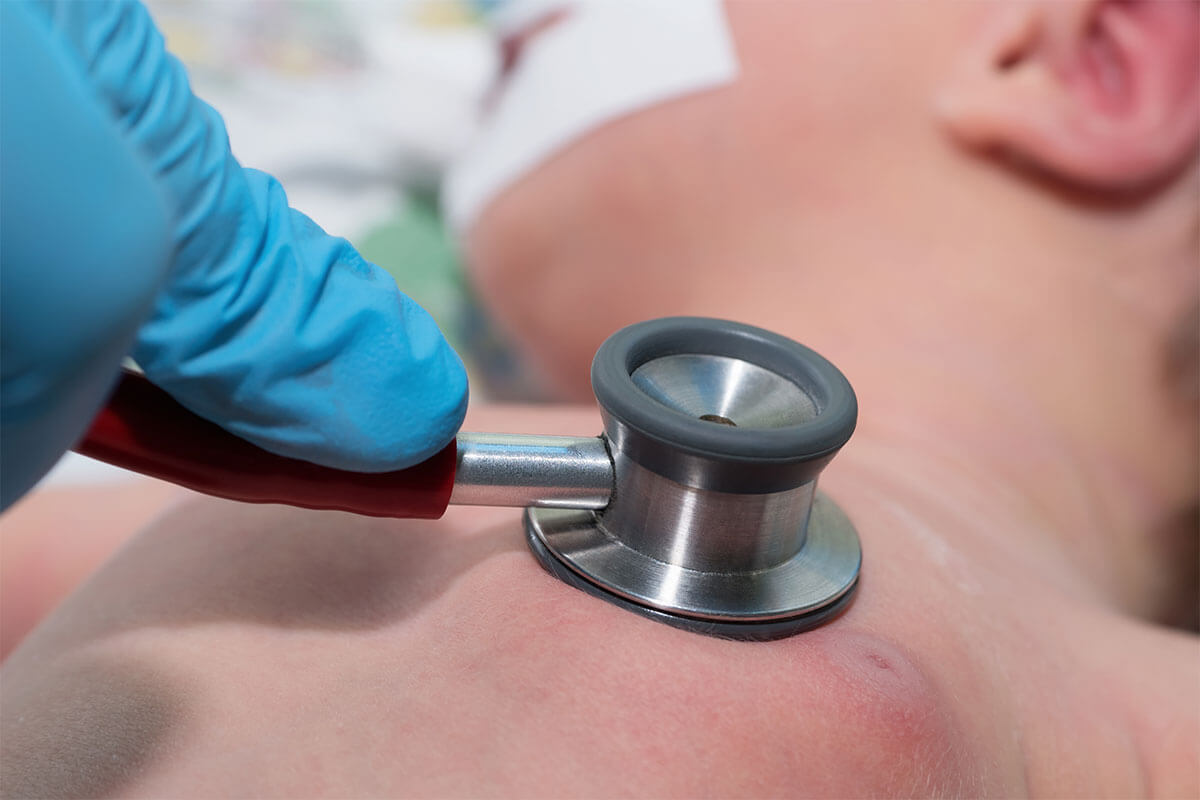Cerebral palsy in infants is always a frightening prospect to face as a parent. When you find out that your child has this condition, there are a few things that you should be aware of concerning its effects. The following information will help you plan for the future and be ready for the challenges that your child will face while growing up.
1. Movement and Coordination
Cerebral palsy causes a lot of problems with movement and coordination since the disorder primarily affects the muscles. As your child gets older, you will likely see them lag behind where some milestones are concerned. For example, it may take the child a bit longer to roll themselves over when they are an infant, and unfortunately walking independently may never be an option for them. In some cases, the disorder causes the muscles to spasm, which means that their legs may not fully extend and that they must therefore pull themselves around by their arms. Your physician and physical therapist will help you to deal with these issues.
2. Hearing and Speech
Not everyone with cerebral palsy has problems with hearing and speech, but these can be some effects of the disorder. Your child may have difficulty controlling the muscles of the face, which makes it very difficult to speak properly. When there are problems with hearing, this compounds the issue by making it more difficult for them to pick up how to pronounce words correctly. Hearing aids are the usual solutions for this. Some people with cerebral palsy learn how to speak very well with a bit of speech therapy.
3. Treatments
There are numerous treatments for cerebral palsy, but unfortunately the actual condition-causing injury cannot be treated since it is a brain injury. However, individuals sometimes do very well with treatments that target the muscles. These treatments may allow your child to have fewer tremors when they try to perform delicate tasks, and in some cases may make it possible for them to walk with crutches instead of using a wheelchair.
In very severe cases of the disorder, you may have to feed your child through a tube or to provide other assistance that is quite involved. Hiring a professional healthcare provider to help you in your home is sometimes recommended for these situations. This can be an expensive proposition, as can a lot of the other care these children frequently need, which is why some parents end up suing for negligence when that is the cause of the child’s injury.

